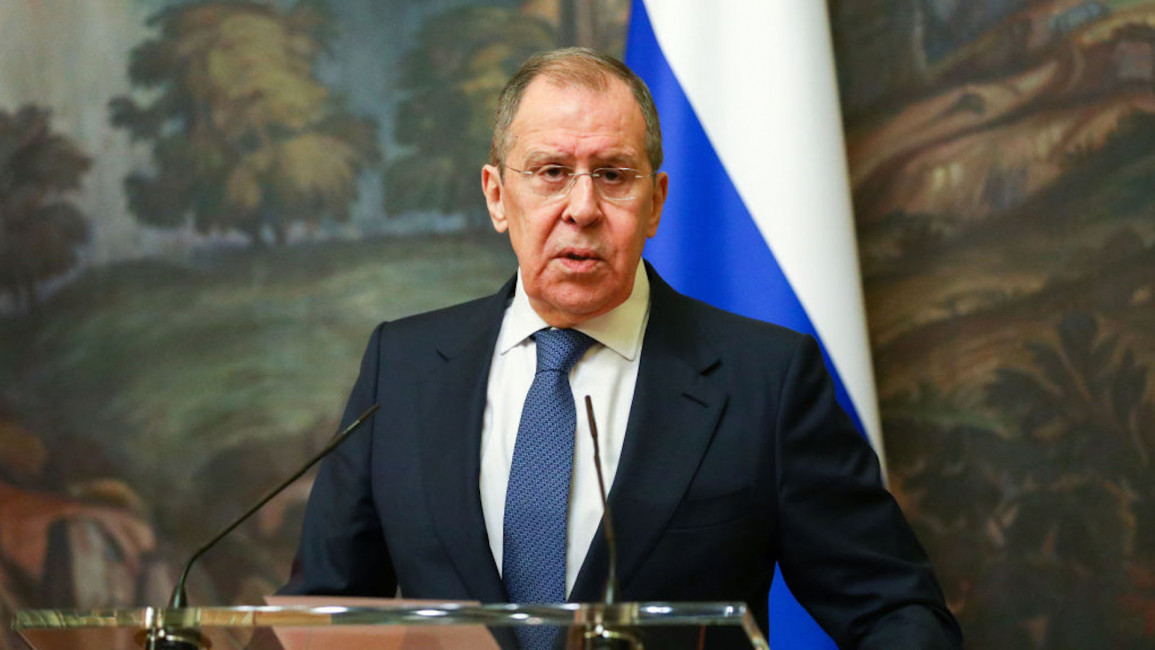Russia offers US one-year freeze on nuclear warhead numbers
Russia said on Tuesday it was ready to offer the United States a mutual one-year freeze on the number of nuclear warheads held by both countries in order to extend a landmark arms reduction deal due to expire next year.
"Russia offers to extend the New START by one year and is ready to take on a political commitment with the United States to freeze the number of nuclear warheads both sides have for this period," the foreign ministry said in a statement.
Russian President Vladimir Putin last week proposed extending by one year the New START treaty, which is due to expire in February 2021.
The White House described the proposal as a "non-starter" unless accompanied by a freeze on the number of nuclear warheads.
The ministry said the suspension could only take place on the understanding that there were no "additional" demands from the United States.
But it added the extra time gained could be used for talks on the future control of nuclear weapons.
Tensions have raged for months over the fate of New START, which caps the number of nuclear warheads held by Washington and Moscow and expires on February 5, 2021.
The 10-year agreement was signed in 2010 at the peak of hopes for a "reset" in relations between Russia and the United States, spearheaded by former US president Barack Obama and then Russian counterpart Dmitry Medvedev.
But as Putin returned to the presidency in 2012, tensions rapidly built up again.
National security advisor Robert O'Brien had rejected Putin's offer, countering that both nations must cap warheads during the period.
O'Brien said the United States had already proposed a one-year extension to give time to negotiate beyond the treaty's scheduled expiration in February -- with the understanding that the world's two biggest nuclear powers would freeze warhead work in the interim period.
Follow us on Facebook, Twitter and Instagram to stay connected



